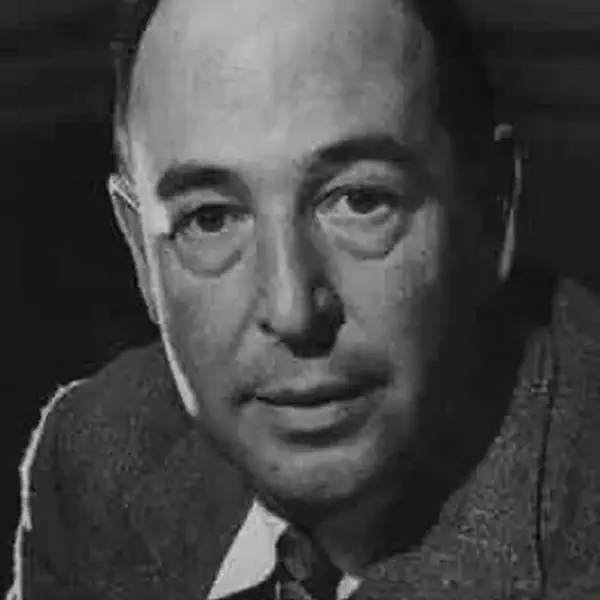
C.S. Lewis, Irish Writer, Literary and Religious Scholar, Is Born
November 29, 1898
C.S. Lewis, the renowned British writer, literary scholar, Anglican lay theologian, and Christian apologist, was born on November 29, 1898, in Belfast, Ireland.
While he was born in Ireland, it’s worth noting that Lewis spent much of his academic and writing career in England.
C.S. Lewis is best known for his works of fiction, including “The Chronicles of Narnia” series, which has become a classic of children’s literature. He was also a prolific essayist and author of non-fiction works on literature, theology, and Christian apologetics.
Lewis held academic positions at both Oxford and Cambridge Universities and was a close friend of J.R.R. Tolkien, the author of “The Lord of the Rings.”
His writings, encompassing a wide range of genres and topics, continue to be influential and widely read today.
C.S. Lewis passed away on November 22, 1963.
C.S. Lewis Bibliography
This list provides a glimpse into the extensive body of work created by C.S. Lewis. Each category represents only a selection, and there are additional essays, letters, and works of fiction and non-fiction that contribute to his comprehensive bibliography.
Fiction
“The Chronicles of Narnia” series:
- “The Lion, the Witch and the Wardrobe” (1950)
- “Prince Caspian” (1951)
- “The Horse and His Boy” (1954)
- “The Silver Chair” (1953)
- “The Voyage of the Dawn Treader” (1952)
- “The Magician’s Nephew” (1955)
- “The Last Battle” (1956)
“The Space Trilogy” (also known as “The Cosmic Trilogy”):
- “Out of the Silent Planet” (1938)
- “Perelandra” (1943)
- “That Hideous Strength” (1945)
“Till We Have Faces” (1956)
Non-fiction
- “The Problem of Pain” (1940)
- “The Screwtape Letters” (1942)
- “Mere Christianity” (1952)
- “Surprised by Joy” (1955)
- “The Four Loves” (1960)
- “A Grief Observed” (1961)
Literary Criticism
- “The Allegory of Love: A Study in Medieval Tradition” (1936)
- “A Preface to Paradise Lost” (1942)
- “English Literature in the Sixteenth Century Excluding Drama” (1954)
- “Studies in Words” (1960)
Essays and Collections
- “God in the Dock: Essays on Theology and Ethics” (1970)
- “The Weight of Glory and Other Addresses” (1949)
- “On Stories: And Other Essays on Literature” (1982)